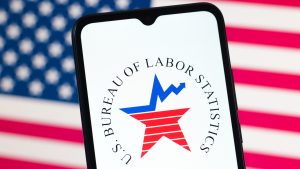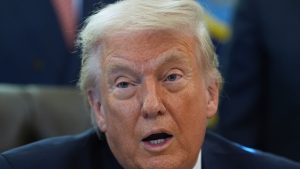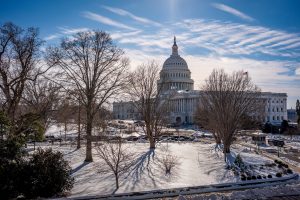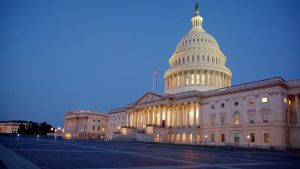Trump administration secures 15% cut of Nvidia, AMD China chip sales
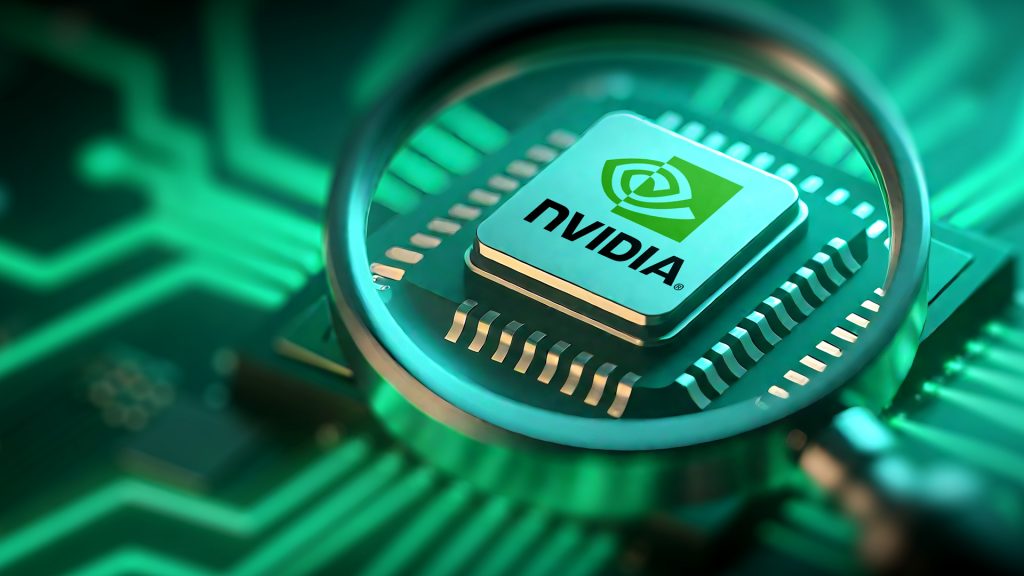
Nvidia and Advanced Micro Devices have agreed to give the U.S. government 15% of revenue from artificial intelligence chip sales in China under a new arrangement with the Trump administration. The payments are tied to the companies obtaining export licenses for their products – Nvidia’s H20 and AMD’s MI308 – which earlier national security rules had restricted.
According to people familiar with the agreement, Nvidia Chief Executive Jensen Huang met with President Donald Trump at the White House last week to finalize the terms. The Commerce Department began issuing export licenses two days later. The deal could generate more than $2 billion for the federal government by year’s end. That number is based on analyst projections of $15 billion in H20 sales for Nvidia and $800 million for AMD in China.
Why is the arrangement unusual?
Export controls have traditionally been used to protect national security, not as a means to raise revenue. Some former officials and trade experts say the 15% requirement could resemble an export tax, which the Constitution forbids. They warn that it sets a precedent for linking security policy to financial gain.
Peter Harrell, a former White House economic adviser, argued that the deal violates the U.S. Constitution’s ban on export taxes. Christopher Padilla, a former export control official in the George W. Bush administration, described it as “unprecedented and dangerous,” suggesting it could be perceived as bribery or blackmail.
What led to the policy shift on AI chip sales?
In April, the Trump administration banned sales of certain AI chips to China over security concerns. The White House reversed course in July, shortly before a new round of trade talks with Beijing, allowing sales of the lower-spec H20 chip designed for the Chinese market. Commerce Secretary Howard Lutnick has said the U.S. will not permit exports of Nvidia’s most advanced chips, but will allow sales of less powerful models to maintain a competitive edge.
Huang argued that a full ban would cede the Chinese market to domestic competitor Huawei, which could use the profits to accelerate its own AI development. He said keeping American companies in the market would help sustain U.S. leadership in AI technology.
How has China responded?
China’s Cyberspace Administration summoned Nvidia officials last month over concerns that the H20 could contain security “backdoors.” A social media account linked to state broadcaster CCTV warned the chips were not advanced, safe or environmentally friendly. They said consumers could choose not to buy them. Nvidia has denied the presence of backdoors, spyware or remote shutdown features, calling such vulnerabilities dangerous and unacceptable.
Chinese officials have also pushed to expand domestic chip production to reduce reliance on U.S. technology. Reports indicate Beijing may seek U.S. concessions on high-bandwidth memory chips as part of broader trade negotiations ahead of a potential summit between Trump and Chinese leader Xi Jinping.

